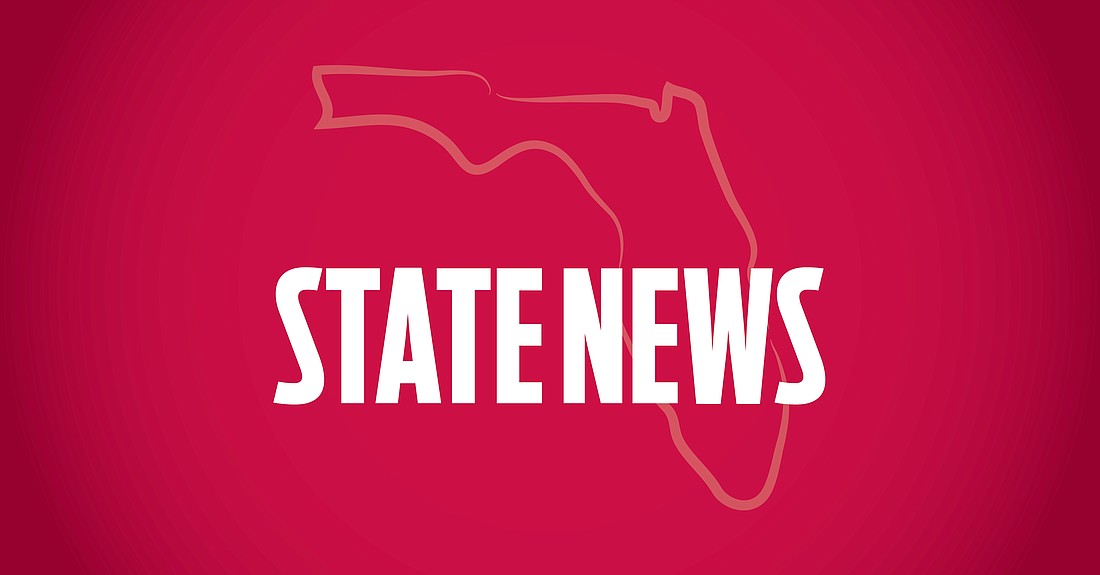- February 5, 2025
-
-
Loading

Loading

Florida could face paying attorney fees for businesses that successfully challenged part of a 2022 law that Gov. Ron DeSantis dubbed the “Stop WOKE Act.”
Attorneys for the businesses Tuesday filed an 11-page motion that asks a judge to determine that the plaintiffs are entitled to recover legal fees and costs. The motion came four days after Chief U.S. District Judge Mark Walker granted a permanent injunction against part of the law that sought to restrict business from addressing race-related issues in workplace training.
The permanent injunction came after the 11th U.S. Circuit Court of Appeals this year upheld a preliminary injunction that Walker issued in 2022. Walker and the appeals court said the restrictions violated First Amendment rights.
Tuesday’s motion for attorney fees described the plaintiffs’ success in the case as “resounding.” The motion seeks to recover fees for district-court and appeals-court proceedings. “Plaintiffs did not just achieve some benefit but rather achieved the key benefit they sought in bringing this suit: enjoining enforcement of the unconstitutional Stop WOKE Act,” the motion said.
The workplace-training part of the law listed eight race-related concepts and said that a required training program or other activity that “espouses, promotes, advances, inculcates, or compels such individual (an employee) to believe any of the following concepts constitutes discrimination based on race, color, sex, or national origin.”
The law was challenged by Primo Tampa, LLC, a Ben & Jerry’s ice-cream franchisee; Honeyfund.com, Inc., a Clearwater-based technology company that provides wedding registries; and Chevara Orrin and her company, Collective Concepts, LLC. Orrin and her company provide consulting and training to employers about issues such as diversity, equity and inclusion.
If Walker decides that the plaintiffs are entitled to attorney fees, the amount would then be determined. Walker also has separately issued a preliminary injunction against part of the law that would restrict the way race-related concepts can be taught in universities. A panel of the Atlanta-based appeals court held a hearing in that case in June.